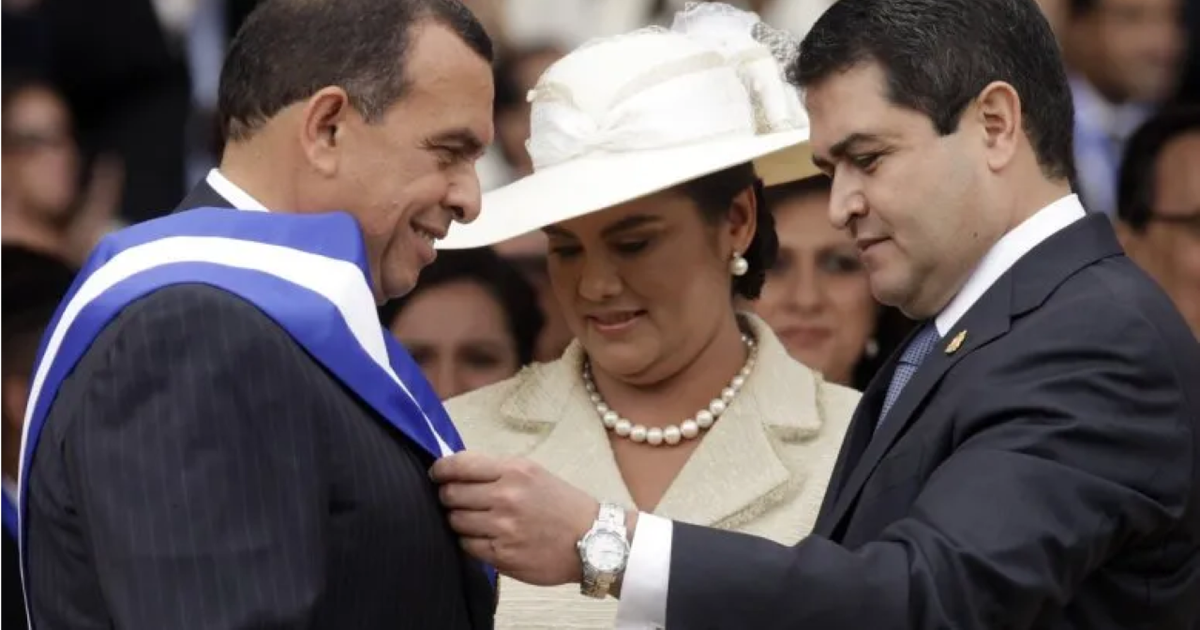“Our relationship is unbalanced and increasingly influenced by distortions created by China’s state capitalist system,” von der Leyen said in a keynote address on EU-China relations last Thursday in Brussels. “As such, we need to rebalance these relationships based on transparency, predictability and reciprocity.”
Specifically, she addressed the challenges posed by human rights violations in China, Beijing’s military presence in the immediate vicinity, its proximity to Russian President Vladimir Putin and China’s economic strength. Von der Leyen also called on China to work for a “just peace” in Ukraine. How Beijing handles this conflict will be crucial for relations with the EU, she said.
As a permanent member of the United Nations Security Council, China also has a responsibility to play a constructive role in promoting peace. Russian forces would have to withdraw and Ukraine’s territorial integrity would have to be preserved. “Any peace plan that would effectively consolidate Russian annexations is not a viable option,” she added, referring to Chinese proposals.
“More repressive at home, more confident abroad”
In addition, von der Leyen saw a tougher stance on the part of China when it came to enforcing requests from other countries. The human rights record in particular points to a general hardening. “These escalating actions point to a China becoming more repressive at home and more assertive abroad,” she said.
The EU must therefore become more independent and, above all, minimize economic risks in relation to the most populous country in the world. Von der Leyen also referred to too great a dependence on China, for example in the area of raw materials. Beijing has already shown to Japan that it is willing to use economic dependencies politically.
However, realistically, it is still in Europe’s interest to decouple from China, she emphasized at the same time. “We need to focus on risk mitigation rather than decoupling.” It is crucial to ensure diplomatic stability and open communication links. She named the fight against climate change and nature conservation as areas where cooperation is possible.
“Reassess Investment Agreements”
The concluded investment agreement must also be “reassessed” because of China’s development. “It could happen that due to the policy change in China, we have to develop new defense tools for some critical sectors,” von der Leyen added.
Future relations with China and other countries would have to be redefined in sensitive high-tech areas such as microelectronics, quantum computing, robotics, artificial intelligence and biotechnology. “If dual use cannot be ruled out or human rights could be affected, we must take a clear line when it comes to whether investments or exports are in the interests of our own security,” stressed von der Leyen.
Criticism of von der Leyen
Criticism of the EU Commission President came from China on Friday. Fu Cong, the Chinese ambassador to the European Union, said he was “a little disappointed”. Speaking to state television broadcaster CGTN, he stated that von der Leyen’s speech contained a lot of misrepresentations and misinterpretations of Chinese politics and positions.
“Put pressure on Russia”
In addition to the EU Commission President, French President Macron is also traveling to Beijing. Ahead of his trip, Macron said, regarding the Ukraine war, that he would “try to involve China as much as possible to put pressure on Russia” on issues like nuclear weapons.
Macron is also expected to seek to question China’s stance on Russia’s threat to deploy nuclear missiles in Belarus. That would clearly contradict China’s twelve-point peace plan, which provides for the non-proliferation of nuclear weapons.
The French president would not shy away from addressing Beijing’s support for Russia, particularly when it comes to arms sales, a senior French government official told Politico magazine. China would not be threatened, but some warnings would be sent. “The Chinese need to understand that sending arms would have consequences for Europe and for us,” the official continued. However, Macron would refrain from the threat of possible sanctions.
Trade relations in focus
Trade relations with China also play an important role for Macron during the visit. The French President will therefore be accompanied by Finance Minister Bruno Le Maire and Foreign Minister Catherine Colonna.
Also attending is a large delegation of business leaders, including representatives from EDF, Alstom, Veolia and aerospace giant Airbus. According to a government official, a potential deal with European planemaker Airbus could be in the works after China ordered 300 planes in 2019 for €30 billion.
Internationally few expectations
The United States was rather skeptical about Macron’s trip and had no great expectations, as “Politico” learned from US government circles. Doubts also arose because of Macron’s failed attempts in the past to end the war in Ukraine or to save the nuclear deal with Iran.
In US President Joe Biden’s administration, some officials have also raised concerns about France’s potential proximity to China at a time when tensions between Washington and Beijing are at their highest in decades. However, Macron’s efforts in Beijing would not be rejected, it said. The White House supports the trip.




